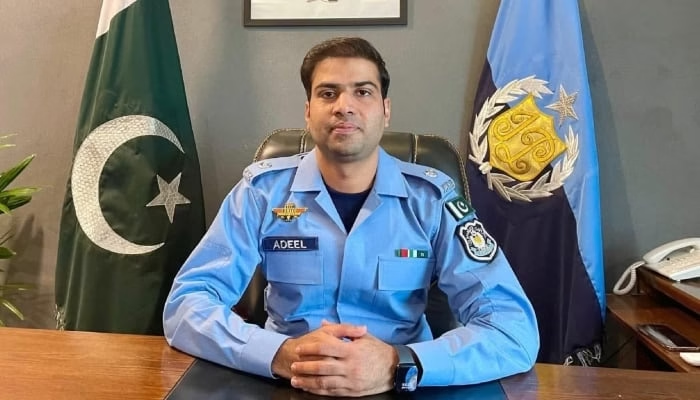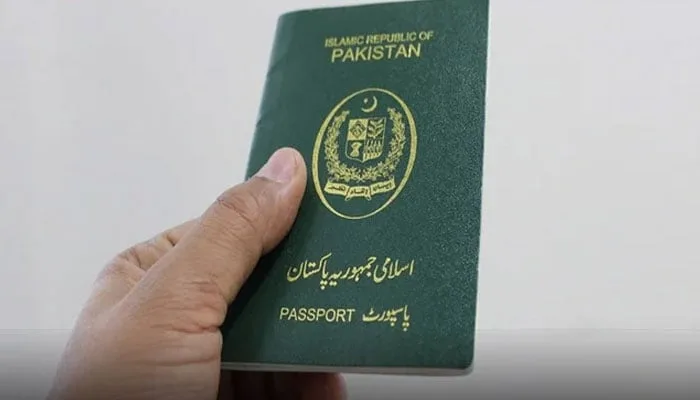The tragic death of Superintendent of Police (SP) Adeel Akbar has left the police department and the public in shock. According to police sources, SP Adeel Akbar is believed to have accidentally shot himself in his vehicle in Islamabad on October 23. The federal government has formed a high-level investigation team to probe the circumstances surrounding SP Adeel Akbar’s death, as many questions remain unanswered about what truly happened that day.
Details Surrounding the Incident
Police reports reveal that SP Adeel Akbar sustained a gunshot wound to his head while sitting inside his official vehicle. Initial findings suggest that the firearm used was a submachine gun (SMG), which is not a weapon that most officers of the Police Service of Pakistan (PSP) are trained to handle. Experts examining the weapon reported that it was fired at a 65-degree angle — a critical detail being closely analyzed by investigators.
An operator who was present at the time of the incident told authorities that SP Akbar had just returned from the Foreign Office after attesting his documents. According to his statement, SP Akbar asked for his gun, and the operator initially handed it to him after removing the magazine. However, upon the officer’s request, the magazine was reattached after SP Akbar asked about the number of bullets inside it. Moments later, a gunshot was heard — the bullet struck SP Akbar in the forehead and exited through the back of his head. The operator stated that SP Akbar died instantly, though he was rushed to PIMS Hospital where doctors officially pronounced him dead.
Medical Report and Leave Record
In a surprising development, SP Adeel Akbar’s medical report and leave request surfaced following his death. The report, dated October 20, 2025, confirmed that the officer had tested positive for dengue fever. On the same day, he applied for a three-day medical leave, which he completed before returning to duty on October 23 — the day the fatal incident occurred. This has led investigators to explore whether his recent illness or possible stress related to his job could have played a role in his actions.
Official Statements and Investigation Progress
Islamabad Inspector General (IG) confirmed that SP Adeel Akbar’s death was caused by a self-inflicted gunshot wound. The IG stated that Safe City surveillance footage did not show any sign of external attack, indicating that everything took place inside the vehicle. However, the authorities are not ruling out any possibility until the investigation is complete.
The high-level investigation team, comprising senior officers and forensic experts, is tasked with reviewing ballistic evidence, digital data, and eyewitness accounts to determine whether the incident was purely accidental or if other factors were involved. The forensic analysis of the SMG, bullet trajectory, and fingerprints will play a critical role in reaching a conclusive finding.
Public Reaction and Questions Raised
The mysterious nature of SP Adeel Akbar’s death has sparked debate among colleagues and the public. Many officers have expressed doubt that a senior police official could accidentally shoot himself with an SMG, especially inside a confined space like a vehicle. Others believe that it could have been a case of negligence or an unintentional discharge caused by improper handling of the weapon.
Psychological experts have also been consulted to examine whether SP Akbar might have been under emotional or mental distress. The recent dengue diagnosis and medical leave have prompted speculation about whether he was physically weak or mentally exhausted, factors that could have influenced his actions.
Government Response and Next Steps
The federal government’s decision to form a special investigation team underscores the seriousness of the case. The team will submit its findings after analyzing all available evidence, including the Safe City footage, ballistic tests, and digital communication records. The government has assured full transparency in the process to uncover the truth behind SP Adeel Akbar’s death.
Officials are also reviewing standard weapon-handling protocols within the police service, emphasizing that PSP officers typically receive limited SMG training. This lack of familiarity might have contributed to the tragic mishap.
SP Adeel Akbar’s death remains one of the most shocking and mysterious incidents in recent times. While the initial investigation suggests an accidental shooting, several aspects of the case require deeper examination. The ongoing probe aims to provide clarity, accountability, and closure to the officer’s family, colleagues, and the public. Until the investigation concludes, SP Adeel Akbar’s death continues to raise pressing questions about weapon safety, officer training, and the mental well-being of those serving in high-stress law enforcement positions.



